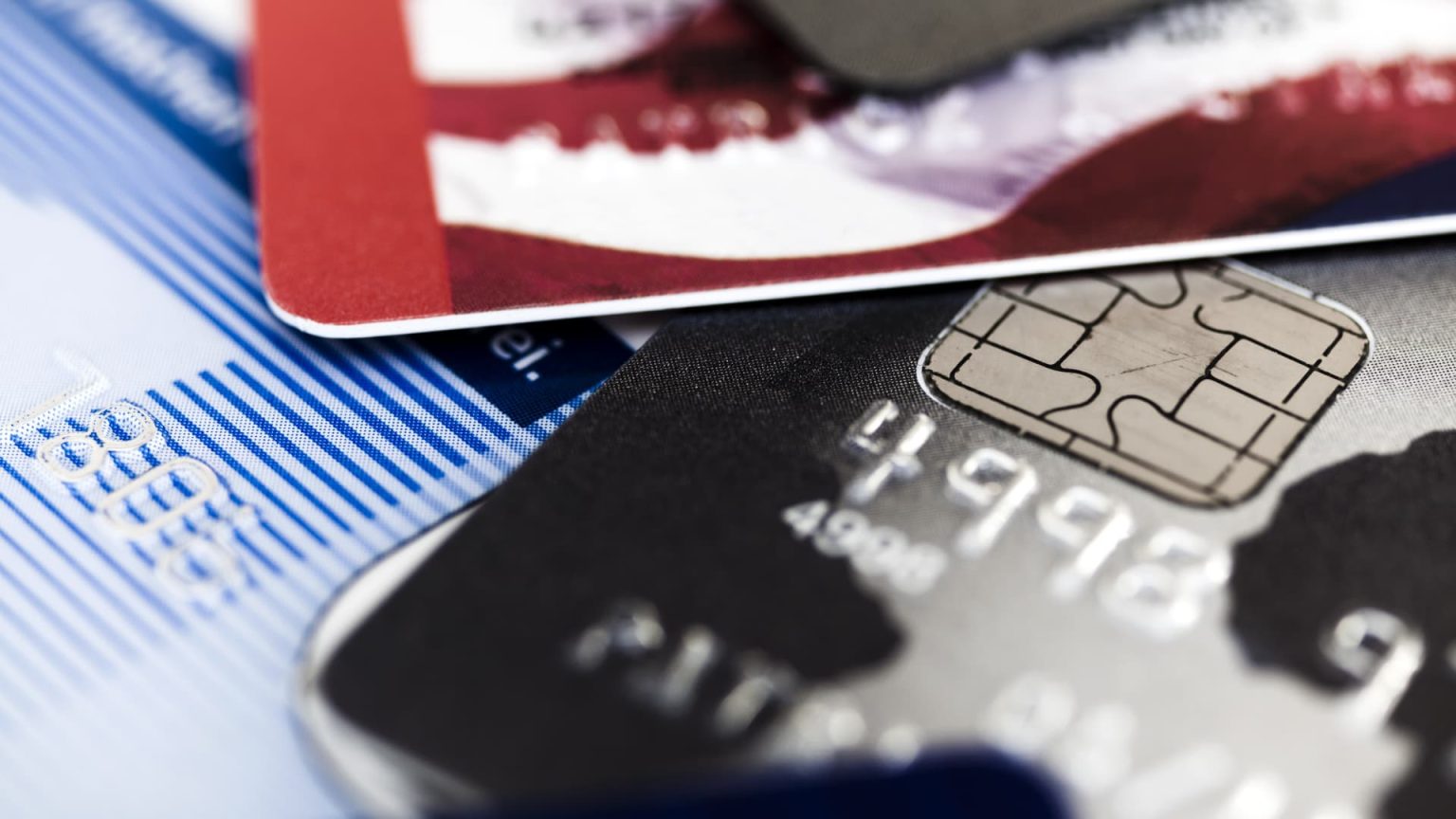A Consumer Financial Protection Bureau regulation aimed at reducing late fees on credit cards is being challenged by the U.S. Chamber of Commerce in federal court. The regulation, set to take effect soon, would limit late fees to $8 per incident, significantly reducing the billions of dollars collected annually in fees by credit card issuers. President Joe Biden’s administration views these fees as excessive and harmful to consumers, particularly those with low credit scores who are more likely to incur late fees. However, the credit card industry argues that the regulation will lead to higher interest rates and additional fees for consumers who pay their bills on time, ultimately benefiting no one.
The court case involving the CFPB regulation is nearing a crucial point, as a judge in the Northern District of Texas is expected to rule on whether to grant the industry’s request for a freeze on the regulation. If the freeze is granted, the implementation of the regulation, which is scheduled to take effect imminently, could be postponed. Major credit card issuers like Capital One and Synchrony have expressed concerns about the potential financial impact of the regulation and have already begun implementing measures to offset the revenue loss they anticipate if the rule goes into effect. This includes raising interest rates, introducing new fees, and adjusting lending practices.
The Chamber of Commerce, representing various trade associations and industry groups, filed the lawsuit challenging the regulation in Texas because it is perceived as a favorable venue for corporations. Many experts believe that the Chamber of Commerce is likely to succeed in delaying the implementation of the regulation, either through the Northern District of Texas or the Fifth Circuit Court of Appeals. If a preliminary injunction is granted, the regulation could be put on hold pending the resolution of the legal dispute, potentially leading to a protracted trial process.
The outcome of the legal battle over the CFPB regulation remains uncertain, but industry analysts predict that the Chamber of Commerce is likely to secure a pause on the implementation of the rule. The credit card industry argues that the regulation would have unintended consequences, such as higher interest rates and additional fees for consumers. On the other hand, proponents of the regulation believe that it is necessary to protect consumers from excessive late fees and to create a more equitable financial system. As the court decision looms, the future of the regulation and its potential impact on credit card users hang in the balance.


